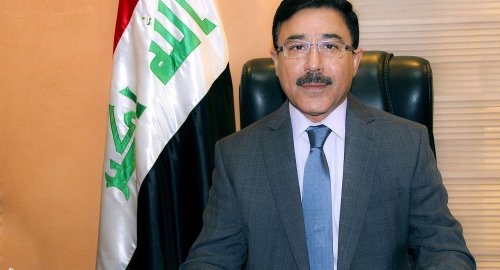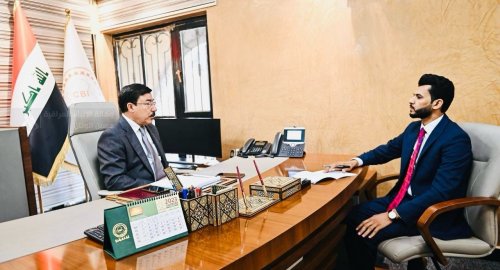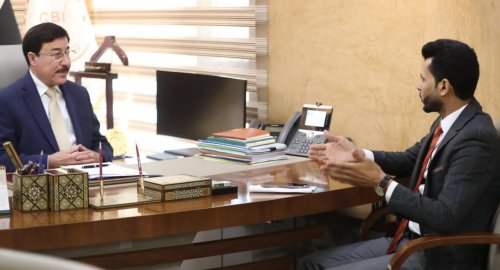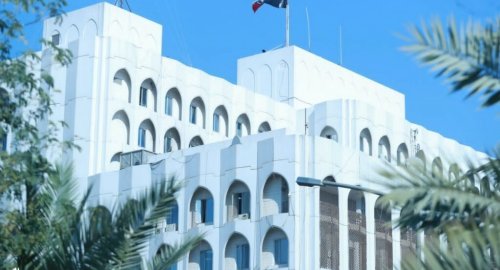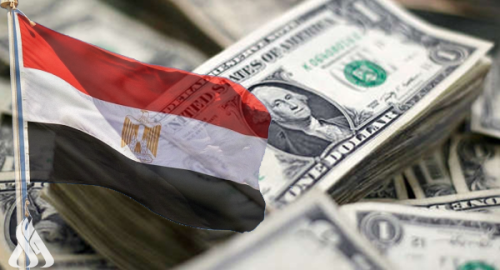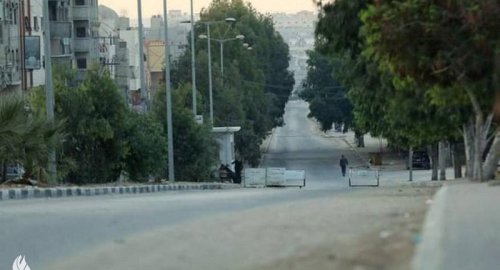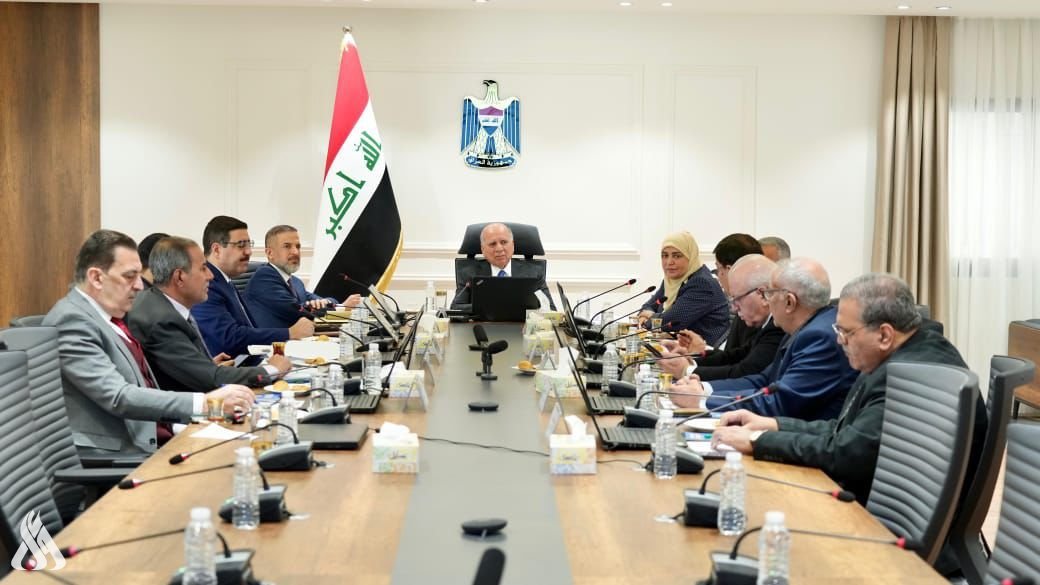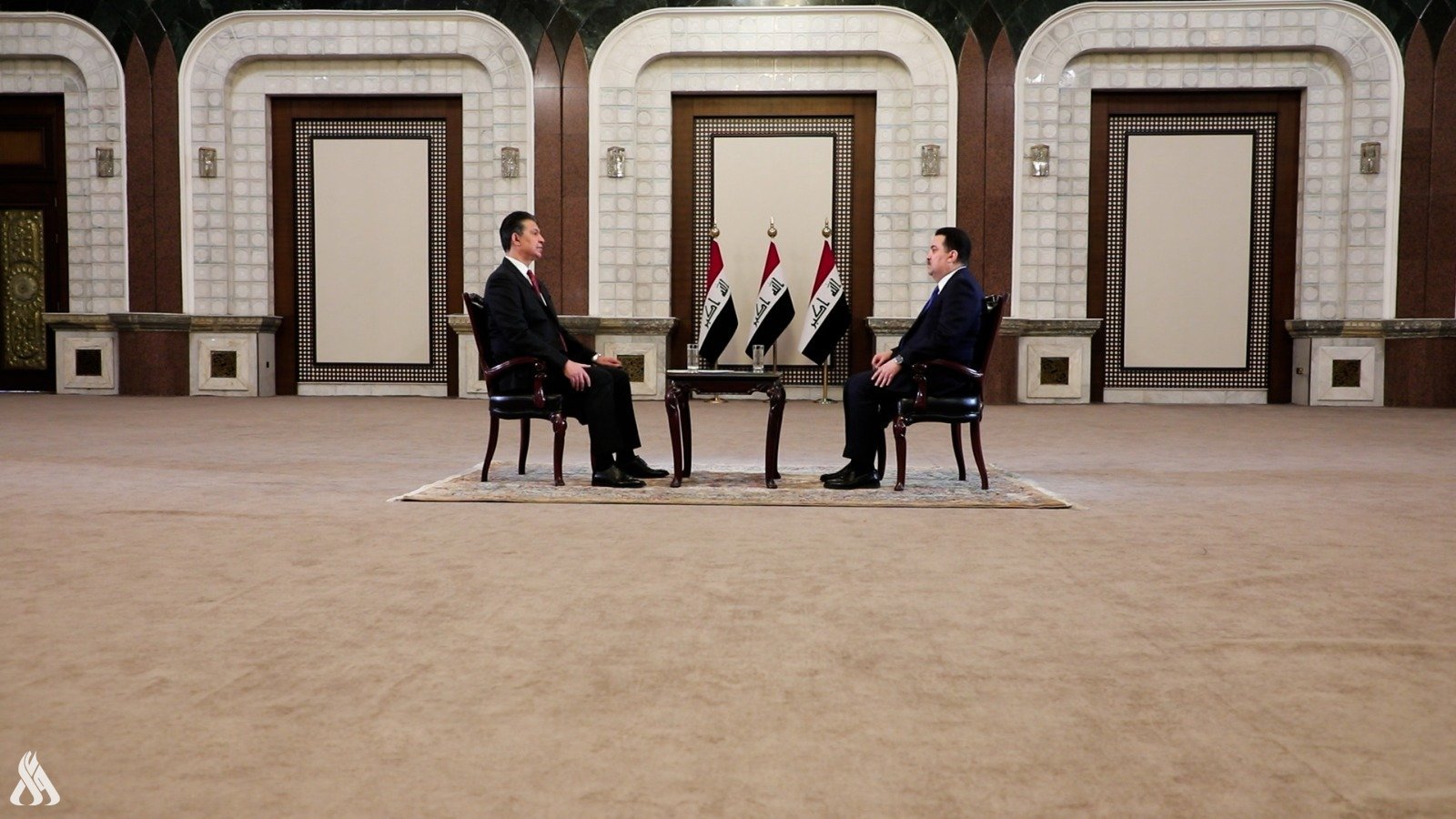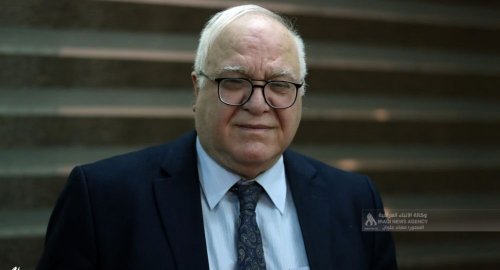
PM Advisor reveals a national project to end irregular market impact

- 30-11-2023, 16:11
Baghdad-INA
The financial advisor to the Prime Minister, Mazhar Muhammad Salih, identified on Thursday, the priorities of the national project launched by Prime Minister Muhammad Shiaa Al-Sudani to protect the standard of living and end irregular market impact, while explaining the reasons for the delay in stabilizing the exchange rate in the market.
Salih said to the Iraqi News Agency (INA): “Although the analysis of the main reasons for the continuation of the phenomenon of the exchange rate in the secondary market, which is witnessing fluctuations that are not commensurate with the strength of Iraq’s vast international reserves, in which the Central Bank of Iraq platform is responsible for financing external transfer requests from foreign currency Which is specifically used for the purposes of financing foreign trade for the private sector, but it is still the subject of due diligence in organizing external transfer requests at an exchange rate of 1,320 dinars per dollar on the part of banks that is not commensurate with international compliance standards."
He added, "Some of them have not reached the level of interest required globally because they mediate in the purchase of foreign currency for the benefit of the commercial community, some of which are subject to rejection this accumulates a surplus demand that may find its way to financing and illegally towards the informal secondary market for exchange, which is a market that does not constitute... "Only 10% of the foreign currency supply, in addition to it being an illegal market and leaving colored noise on the stability of the exchange rate."
Salih continued: “Today, economic policy is responsible for following additional import windows for basic commodities and maintaining their stable and financed prices at an exchange rate of 1,320 dinars per dollar, and at the forefront of that is adopting a policy of defending price stability towards providing an additional commodity supply with a stable price, and in a national project launched by the Prime Minister to protect the standard of living in a way that removes the real income of the citizen from the price noise of speculative forces in the illegal exchange market."
He added: “Since the demand for foreign currency is a demand for foreign goods, services and benefits that take place outside the country (and not inside it as dollarization does and its harmful effects on the stability of the monetary system), the Iraqi monetary policy is working hard to address the problems of financing foreign trade the country has strong currencies that are stable in their exchange rates and at the same time adhere to the principles of international compliance and combating money laundering, in order to facilitate trade and investment relations between Iraq and its trading partners around the world."
Salih pointed out that “these strong policies all provide a protective umbrella for economic stability, end the role of the irregular and illegal market, and distance their effects from price stability in a sustainable manner, as all of these policies work within the lofty goal of protecting Iraq’s monetary sovereignty and ending the use of foreign currencies in evaluating internal transactions.” And keeping it away from the payments system and its operations within the national economy, which is a legacy that has extended since 1982, as dealing with the dollar internally in settling or paying for the purchase and sale of goods, services, rents, and contracts within the national economy is an act that violates the law."
Egypt announces payment of $38.7 billion of its debts
- International
- 09:58
Syria: Imposing a curfew in the city of Homs
- International
- 07:45
US Central Command: We killed ISIS terrorist leader Abu Yusuf in Syria
- International
- 24/12/20
Liverpool compete with Real Madrid to sign Olympique Lyonnais star
- Security
- 24/12/19
7 ISIS elements arrested in Kirkuk
- Security
- 24/12/20
